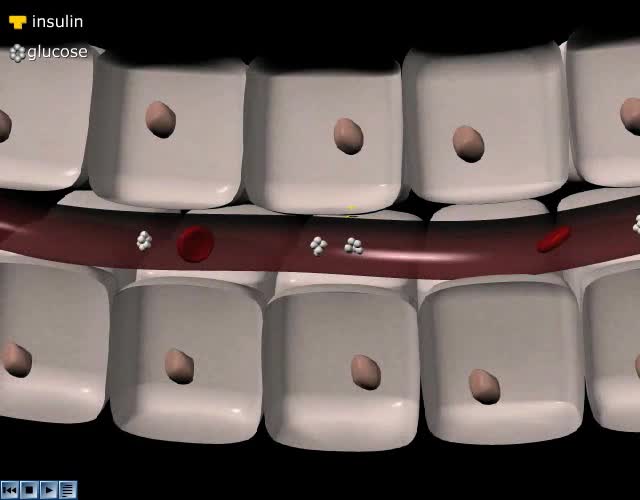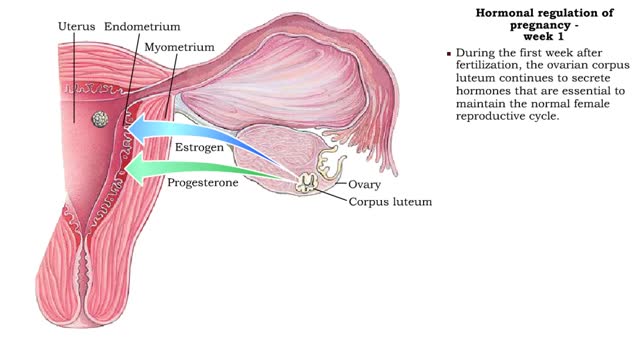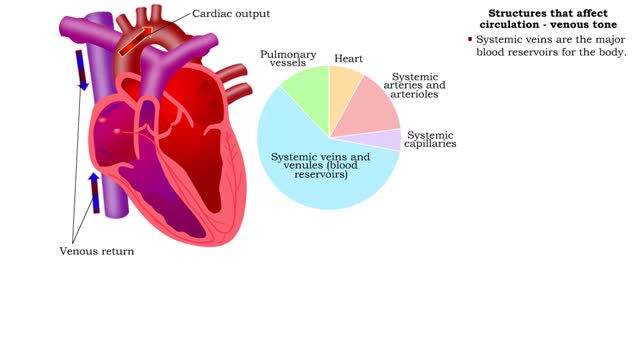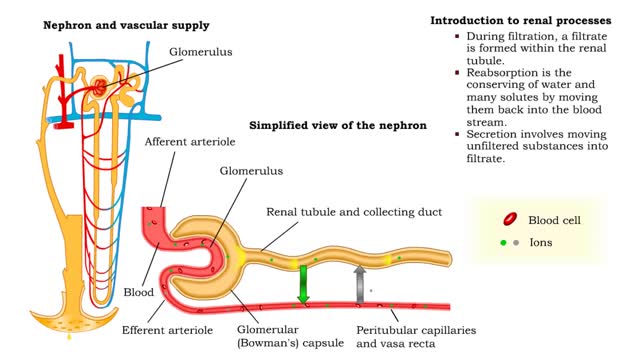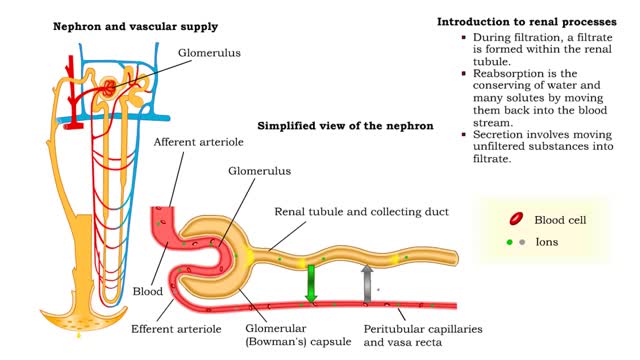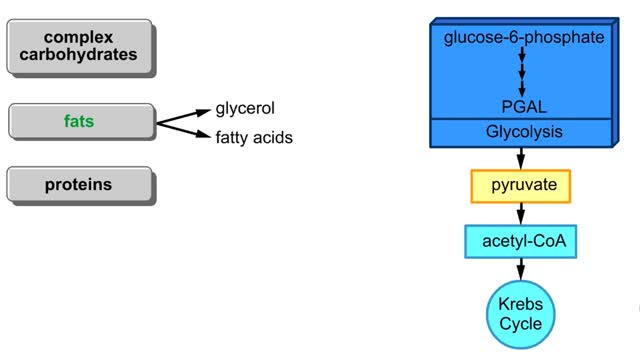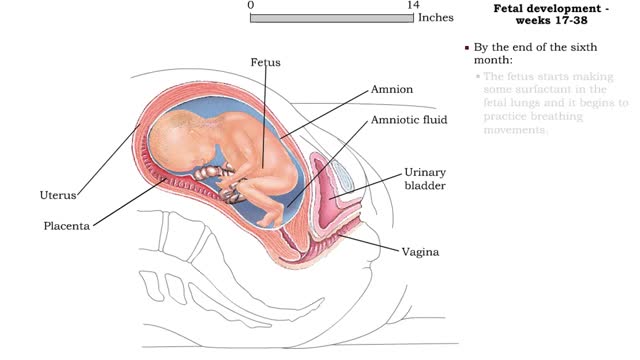Search Results
Results for: 'urine'
By: Administrator, Views: 13884
Kidney stones (renal lithiasis, nephrolithiasis) are hard deposits made of minerals and salts that form inside your kidneys. Kidney stones have many causes and can affect any part of your urinary tract — from your kidneys to your bladder. Often, stones form when the urine becomes concentrate...
By: Administrator, Views: 14318
Hb A1C Test Blood test used to: diagnose diabetes identify people at risk of developing diabetes monitor how well blood sugar levels are being controlled by the diabetic patient Fasting Blood Sugar (FBS) Test performed on blood to determine the level of sugar in the bloodstream. Also ref...
By: Administrator, Views: 15701
Hyperglycemia means high (hyper) glucose (gly) in the blood (emia). Your body needs glucose to properly function. Your cells rely on glucose for energy. Hyperglycemia is a defining characteristic of diabetes—when the blood glucose level is too high because the body isn't properly using or doesn...
Hormonal regulation of pregnancy - week 1
By: HWC, Views: 11355
• During pregnancy, hormones play a significant role in triggering changes in the mother and fetus. • Ormones : • Maintain the lining of the uterus and prevent menstruation. Prepare the mammary glands for lactation. • Increase flexibility of the pubic symphysis. • Affect the mot...
Structures that affect circulation - kidneys, blood volume and venous tone
By: HWC, Views: 11064
• Kidneys regulate blood volume and blood osmolarity via salt and water reabsorption. • Increased reabsorption increases blood volume and venous return (and CO). • Decreased reabsorption increases urine production, which decreases blood volume and venous return (and CO). • Systemi...
Introduction to filtration - filtrate formation and composition
By: HWC, Views: 11177
• At the nephron, the three process responsible for the formation of urine include: • Glomerular filtration. • Tubular reabsorption. • Tubular secretion. • During filtration, a filtrate is formed within the renal tubule. • Reabsorption is the conserving of water and many s...
Carbohydrate Metabolism: Introduction to renal processes and filtrate formation and composition
By: HWC, Views: 11189
• At the nephron, the three process responsible for the formation of urine include: • Glomerular filtration. • Tubular reabsorption. • Tubular secretion. • During filtration, a filtrate is formed within the renal tubule. • Reabsorption is the conserving of water and many s...
By: HWC, Views: 5247
Points at which organic compounds enter the reaction stages of aerobic respiration. Complex carbohydrates are broken down into simple sugars, such as glucose. They become the substrates for glycolysis. If your body doesn't need to burn glucose for energy, glucose-6-phosphate can be co...
Fetal development - Weeks 9 to 38
By: HWC, Views: 11236
Weeks 9-12 • Fetal development during the third month includes: • A large head, about 1/2 the length of the fetus. • Visible eyes and ears. • A detectable heartbeat. • Kidneys that form urine. • Gender identification. • Weak, undetectable body movements. • By the e...
Advertisement





